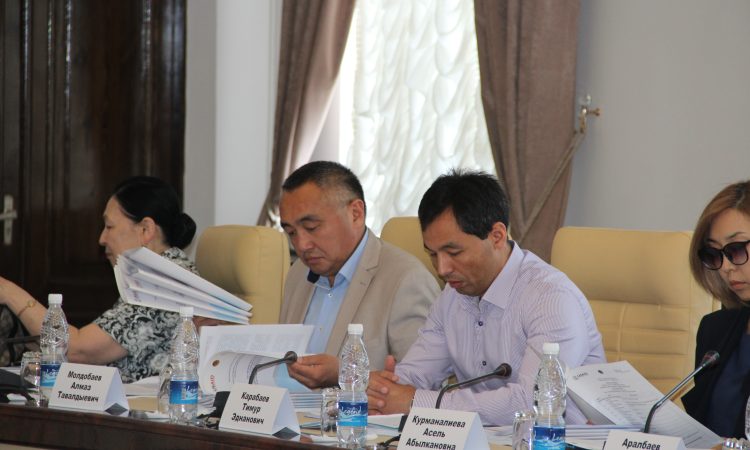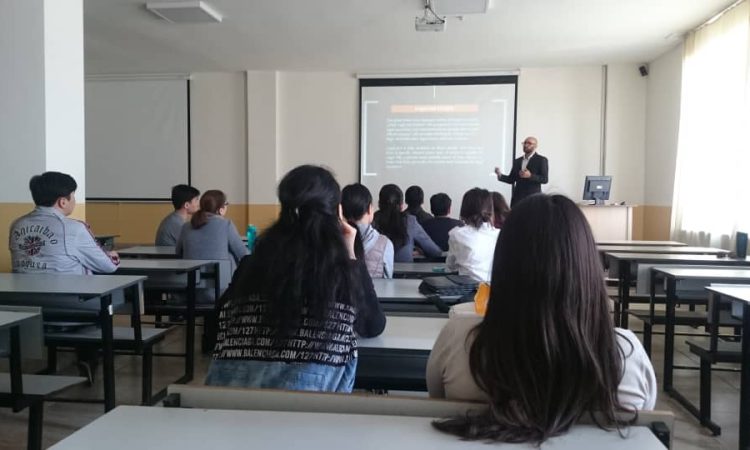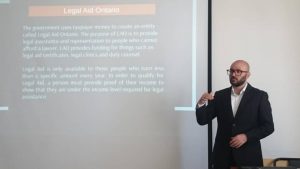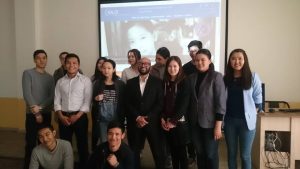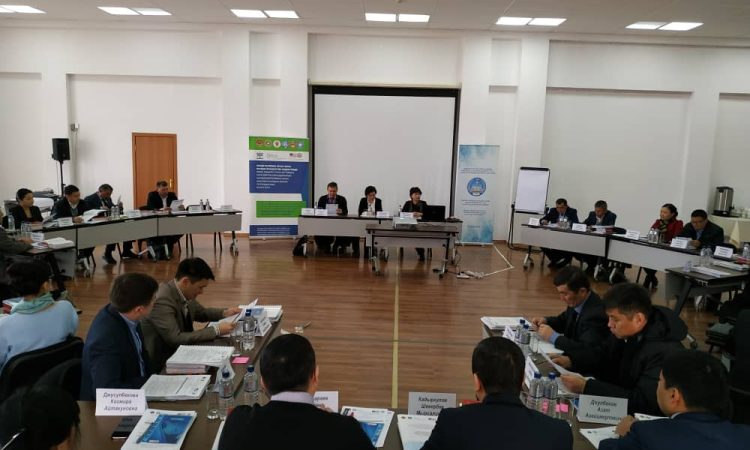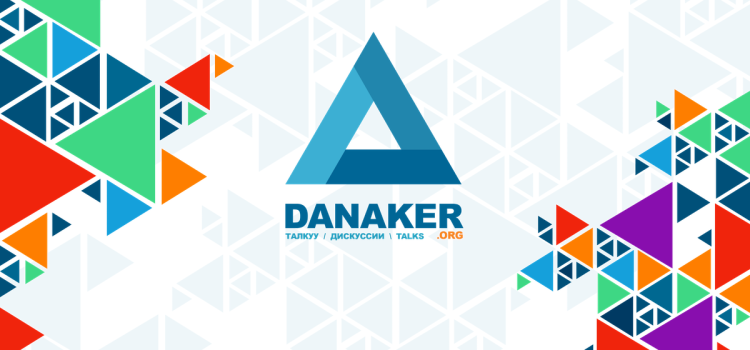The USAID-IDLO Trusted Judiciary program in the Kyrgyz Republic is set to achieve another success in promoting uniform judicial practices. The Supreme Court’s Plenum has started adopting the recommendations of the civil society’s analysis of court decisions, which was supported by the program.
Under the program, IDLO has been supporting a civil society initiative by which a group of lawyers and academics analyzed the judicial acts on various categories of cases published on the specialized website for publication of judicial decisions. Roundtables were also organized, with the participation of the Supreme Court chairwoman and judges, as well as judges from lower instances.
The analysis was carried out over a period of five months. It covered about 753 acts (339 civil cases and 414 criminal cases). The findings showed that overall, judges generally comply with the rules of substantive and procedural law, including in the reasoning part. However, there are some discrepancies in the interpretation of the norms of substantive and procedural law, as well as some flaws in the preparation of judicial acts. The findings also showed the need for finalizing some of the decisions of the Supreme Court’s Plenum as well as for developing new decisions on certain categories of cases.
The judiciary did not only take the recommendations into consideration but started adopting them through Supreme Court’s Plenum decisions. A compelling example is that of the category of court decisions on the application of pledge legislation, where most recommendations were included in the Plenum’s decree on May 27, 2019.
Looking forward, the Supreme Court plans to develop new resolutions based on the recommendations related to extremism in criminal cases involving illicit trafficking in narcotic drugs and psychotropic substances as well as in criminal cases on certain types of property crimes.
The USAID-IDLO Trusted Judiciary program aims at increasing public trust in the judiciary as an independent branch of power that protects citizen’s rights and upholds the rule of law in the Kyrgyz Republic.


